Everything you need to know about OpenAI's new open weight AI models, including price, performance, and where you can access them
AWS claims the models offer better price performance than Google or DeepSeek models


Sign up today and you will receive a free copy of our Future Focus 2025 report - the leading guidance on AI, cybersecurity and other IT challenges as per 700+ senior executives
You are now subscribed
Your newsletter sign-up was successful
OpenAI has released two open weight LLMs which can be run on smaller hardware and even the latest AI laptops, with similar performance to some of its recent small language models.
The two models, gpt-oss-120b and gpt-oss-20b, are available under the Apache 2.0 license. ‘Open weight’ in this context means the full training parameters are publicly accessible, intended to improve transparency, safety, and make the models more customizable through fine-tuning.
Each model is a unique offering from OpenAI, which hasn’t released free models since GPT-2 in 2019. The larger of the two, gpt-oss-120b, has 117 billion parameters and can be run on a single Nvidia A100 GPU with 80GB of memory.
OpenAI claims its performance is comparable to o4-mini. In benchmarks published alongside the announcement, the model was shown to outperform o4-mini across health and expert questioning benchmarks, falling behind it slightly on code completion and math tasks.
The smaller model, gpt-oss-20b, has 21 billion parameters and can be run with just 16GB of memory – meaning it can be run on AI PCs or the kind of local hardware that is easily accessible to businesses.
Both models use a mixture of experts (MoE) approach, in which a model is trained to only ever use a specialized subset of its parameters on any given task, for faster inference and less expensive pre-training.
For example, gpt-oss-120b contains 128 total experts but only activates 4 per token, for a total of 5.1 billion active parameters per token.
Sign up today and you will receive a free copy of our Future Focus 2025 report - the leading guidance on AI, cybersecurity and other IT challenges as per 700+ senior executives
“gpt-oss is a big deal; it is a state-of-the-art open-weights reasoning model, with strong real-world performance comparable to o4-mini, that you can run locally on your own computer (or phone with the smaller size),” wrote Sam Altman, CEO at OpenAI, in a post on X.
“We believe this is the best and most usable open model in the world.”
OpenAI’s open weight models target cost efficiency
In a post about the models, AWS claimed that gpt-oss-120b offers 10x the price performance of its Gemini counterpart – likely a reference to Gemma – and 18x the price performance of DeepSeek-R1.
OpenAI placed emphasis on the safety of open weight models throughout its announcement post. The firm stated it trained out “harmful data related to Chemical, Biological, Radiological, and Nuclear (CBRN)” and reinforced mechanisms to reject attempted prompt injection.
Open source and open weight AI models come with risk, chief among them being the degree to which they can empower attackers. By tweaking the guardrails and parameters within a model, threat actors can create malicious AI models used for launching more sophisticated attacks.
OpenAI acknowledged this possibility in its post, stating that it attempted to maliciously fine-tune gpt-oss models and found the models could not be used for “high capability” malicious purposes. Three independent groups of experts also weighed in on training safety.
In a further move toward establishing the safety of gpt-oss-20b, OpenAI has opened a red teaming challenge. Ethical hackers have until 26 August to submit evidence of exploits present in the model, for a maximum prize of $500,000.
The gpt-oss models are now available on Hugging Face, as well as Azure, AWS, Databricks among other deployment platforms.
Make sure to follow ITPro on Google News to keep tabs on all our latest news, analysis, and reviews.
MORE FROM ITPRO
- OpenAI just launched 'Codex', a new AI agent for software engineering
- Apple throws cold water on the potential of AI reasoning
- Everything you need to know about OpenAI’s new agent for ChatGPT

Rory Bathgate is Features and Multimedia Editor at ITPro, overseeing all in-depth content and case studies. He can also be found co-hosting the ITPro Podcast with Jane McCallion, swapping a keyboard for a microphone to discuss the latest learnings with thought leaders from across the tech sector.
In his free time, Rory enjoys photography, video editing, and good science fiction. After graduating from the University of Kent with a BA in English and American Literature, Rory undertook an MA in Eighteenth-Century Studies at King’s College London. He joined ITPro in 2022 as a graduate, following four years in student journalism. You can contact Rory at rory.bathgate@futurenet.com or on LinkedIn.
-
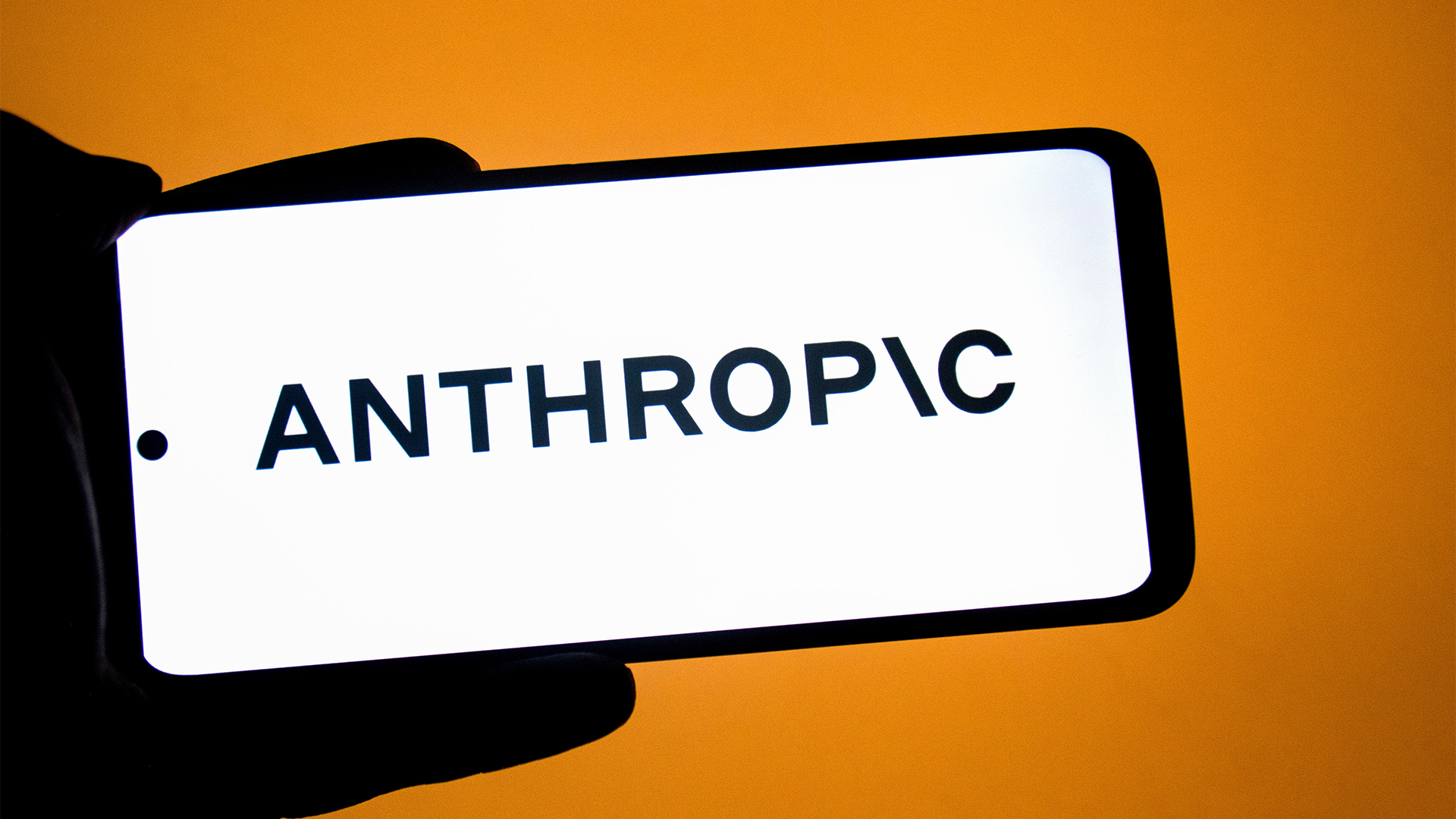 Why Anthropic sent software stocks into freefall
Why Anthropic sent software stocks into freefallNews Anthropic's sector-specific plugins for Claude Cowork have investors worried about disruption to software and services companies
-
 Dell Technologies eyes fresh market opportunities with 2026 partner program
Dell Technologies eyes fresh market opportunities with 2026 partner programNews The tech giant has updated its channel program with new incentives and initiatives to drive partner growth
-
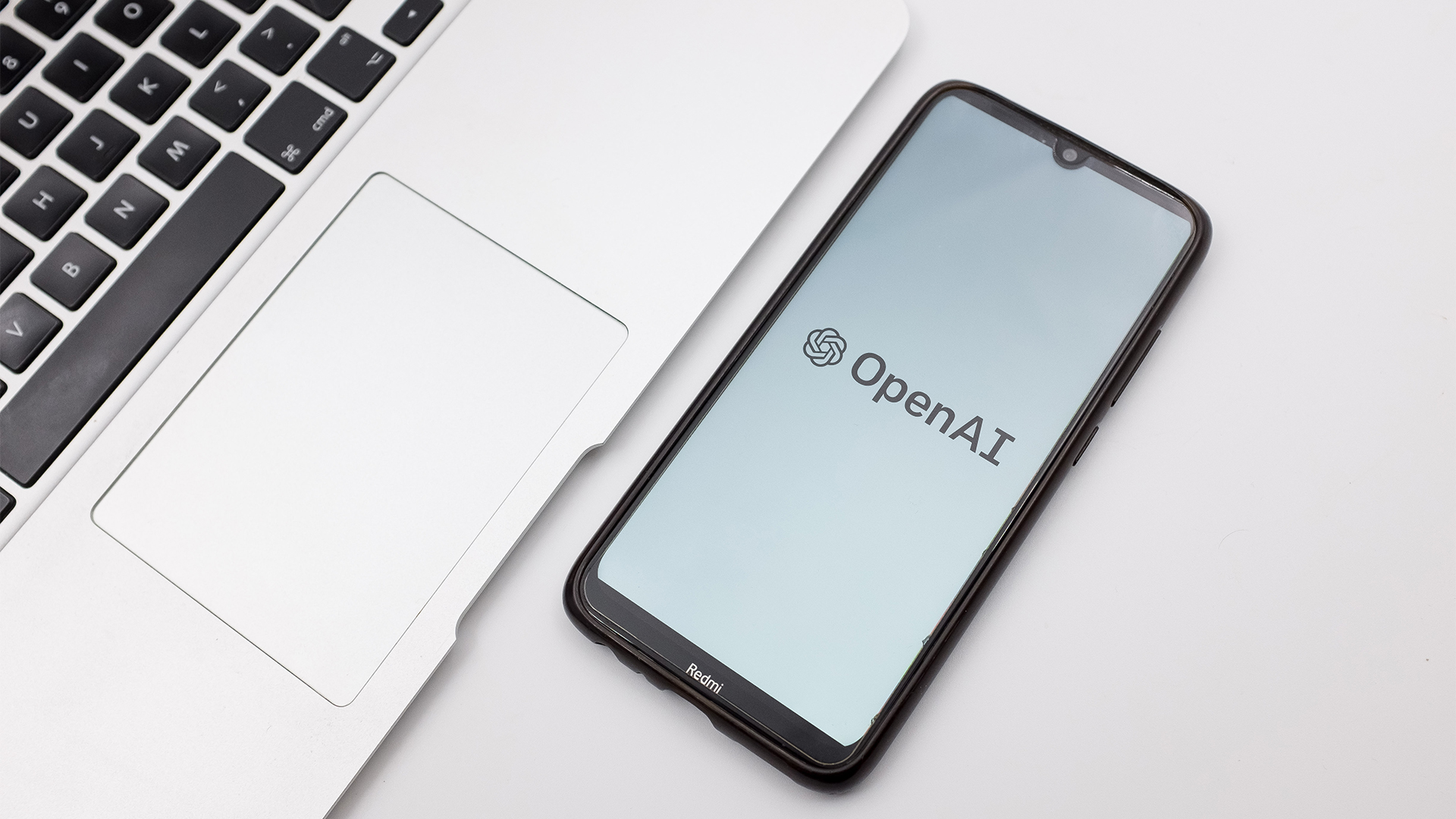 OpenAI's Codex app is now available on macOS – and it’s free for some ChatGPT users for a limited time
OpenAI's Codex app is now available on macOS – and it’s free for some ChatGPT users for a limited timeNews OpenAI has rolled out the macOS app to help developers make more use of Codex in their work
-
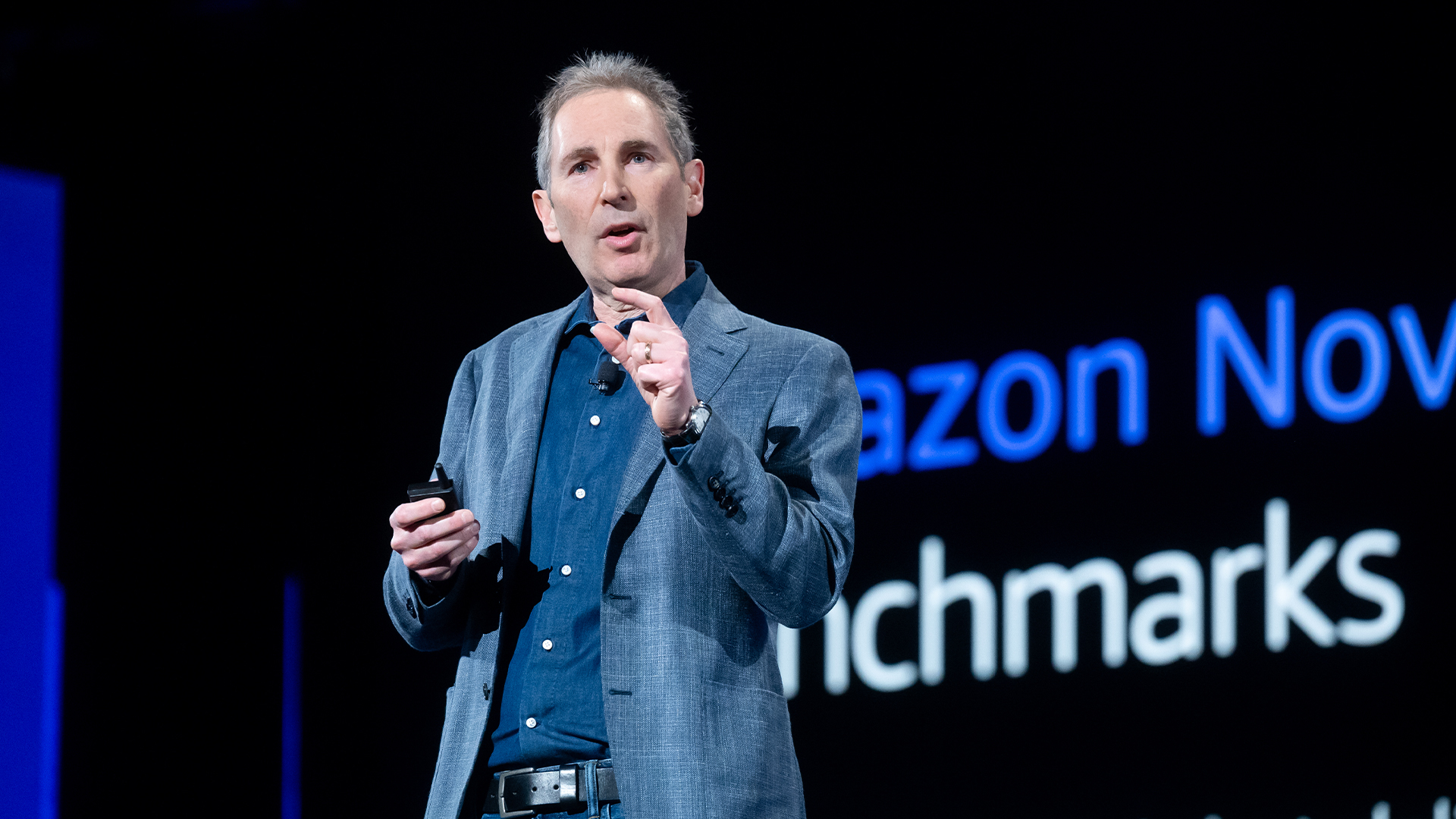 Amazon’s rumored OpenAI investment points to a “lack of confidence” in Nova model range
Amazon’s rumored OpenAI investment points to a “lack of confidence” in Nova model rangeNews The hyperscaler is among a number of firms targeting investment in the company
-
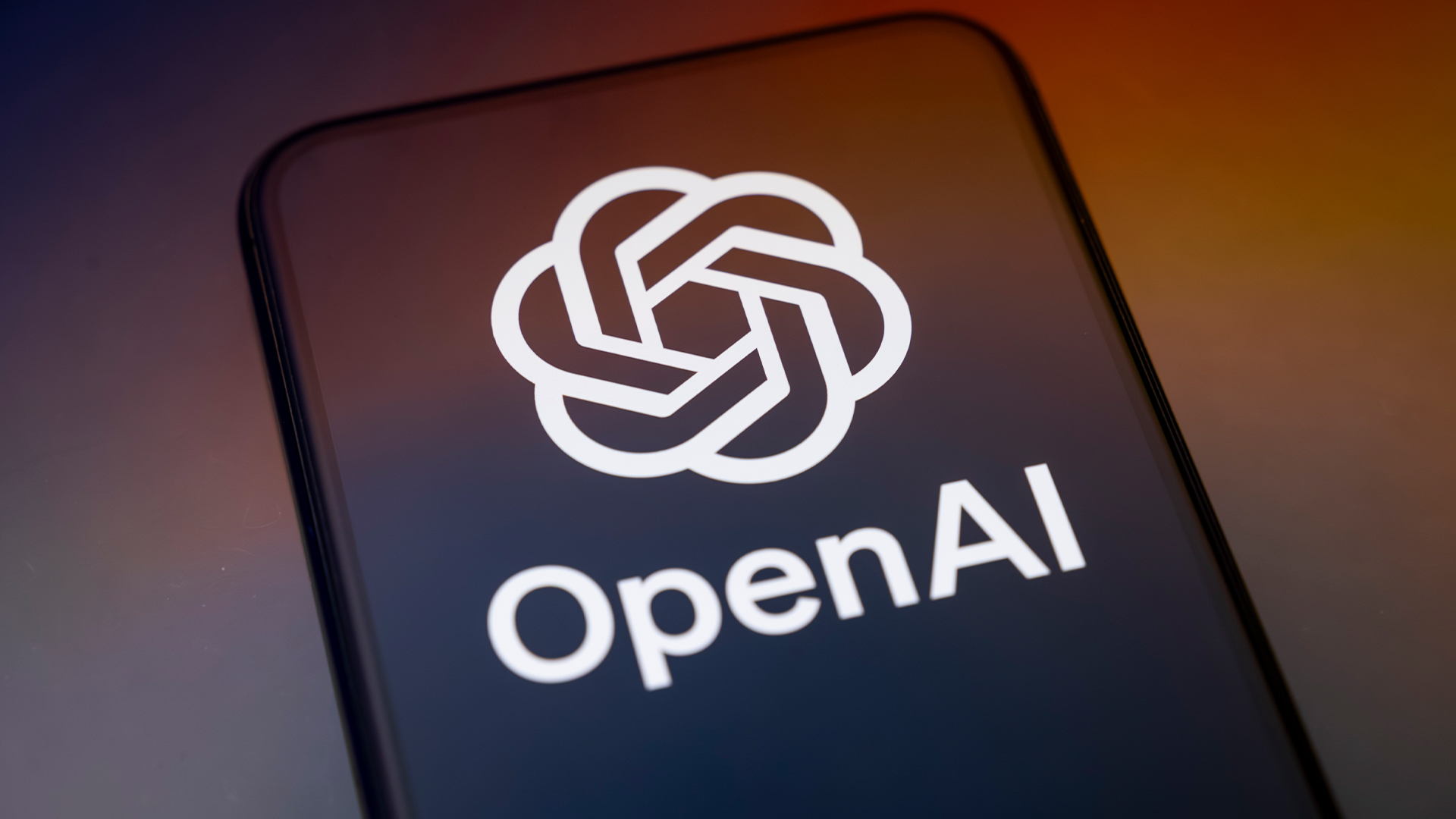 OpenAI admits 'losing access to GPT‑4o will feel frustrating' for users – the company is pushing ahead with retirement plans anway
OpenAI admits 'losing access to GPT‑4o will feel frustrating' for users – the company is pushing ahead with retirement plans anwayNews OpenAI has confirmed plans to retire its popular GPT-4o model in February, citing increased uptake of its newer GPT-5 model range.
-
 ‘In the model race, it still trails’: Meta’s huge AI spending plans show it’s struggling to keep pace with OpenAI and Google – Mark Zuckerberg thinks the launch of agents that ‘really work’ will be the key
‘In the model race, it still trails’: Meta’s huge AI spending plans show it’s struggling to keep pace with OpenAI and Google – Mark Zuckerberg thinks the launch of agents that ‘really work’ will be the keyNews Meta CEO Mark Zuckerberg promises new models this year "will be good" as the tech giant looks to catch up in the AI race
-
 DeepSeek rocked Silicon Valley in January 2025 – one year on it looks set to shake things up again with a powerful new model release
DeepSeek rocked Silicon Valley in January 2025 – one year on it looks set to shake things up again with a powerful new model releaseAnalysis The Chinese AI company sent Silicon Valley into meltdown last year and it could rock the boat again with an upcoming model
-
 Infosys teams up with AWS to fuse Amazon Q Developer with internal tools
Infosys teams up with AWS to fuse Amazon Q Developer with internal toolsNews Combining Infosys Topaz and Amazon Q Developer will enhance the company's internal operations and drive innovation for customers
-
 OpenAI says prompt injection attacks are a serious threat for AI browsers – and it’s a problem that’s ‘unlikely to ever be fully solved'
OpenAI says prompt injection attacks are a serious threat for AI browsers – and it’s a problem that’s ‘unlikely to ever be fully solved'News OpenAI details efforts to protect ChatGPT Atlas against prompt injection attacks
-
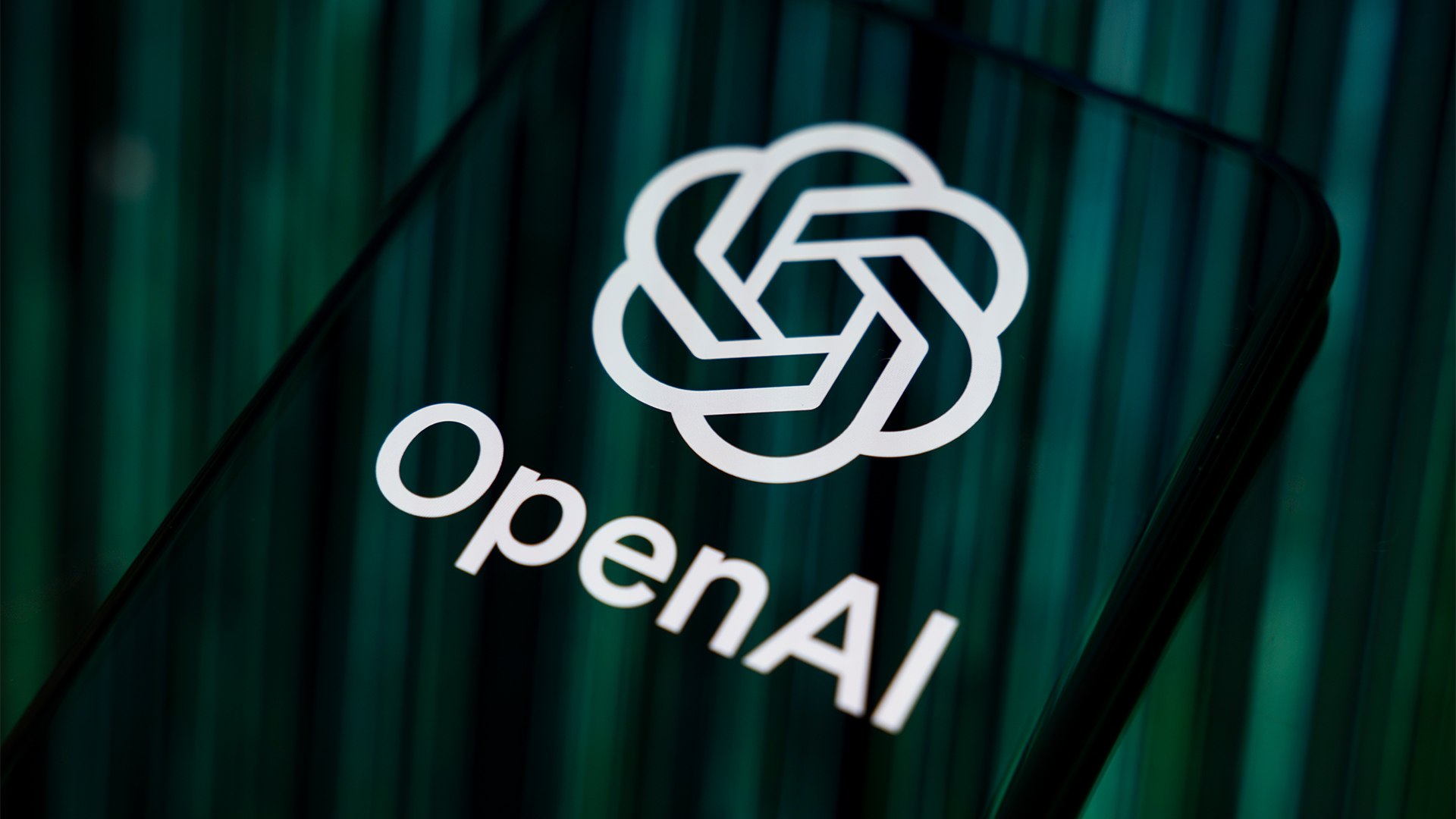 OpenAI says GPT-5.2-Codex is its ‘most advanced agentic coding model yet’ – here’s what developers and cyber teams can expect
OpenAI says GPT-5.2-Codex is its ‘most advanced agentic coding model yet’ – here’s what developers and cyber teams can expectNews GPT-5.2 Codex is available immediately for paid ChatGPT users and API access will be rolled out in “coming weeks”